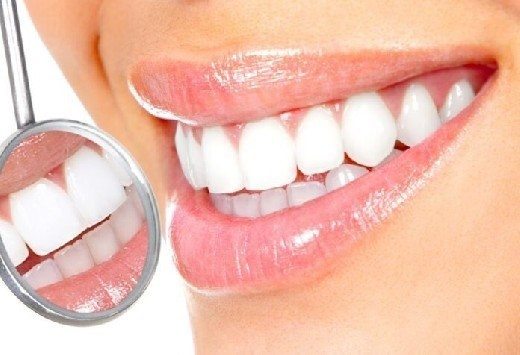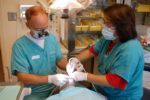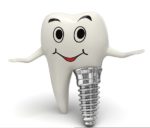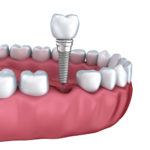It is not uncommon for people to experience problems with their mouth, teeth, or jaw. In some cases, it’s nothing to worry about as it goes away after a few days, but in other cases, one may need to get help from a qualified dental surgeon in Toronto.

If you are like many people, you likely dread the dental appointments. And as long as you don’t feel any pain or irritation, you may never schedule an appointment with the dentist. It’s understandable. However, this may have an immense effect on your dental health. Dental problems do not just occur overnight. They start small and spread with time. Regular dental visits may help uncover such issues and stop them in their ways before they become full-blown. Think about problems like tooth decay, gum disease, or even cancer. A tooth decay that’s left untreated may result in tooth loss. Gum infection may result in serious periodontal issues. And cancer may cause death. Again, when a dental problem isn’t treated in a timely fashion, it may cost you lots of money to address the issue later on. That’s why the importance of regular dental check-ups can never be overemphasised.
Here are six times when you need to visit a dental surgeon in Toronto
When you have temporomandibular joint (TMJ) issues
The TMJ links your jaw to the skull – it is the little hinge right next to your ears. If you are having some discomfort in the TMJ joint, then a dental surgeon can help. TMJ joint issues may include stiffness, jaw pain, jaw-popping, headaches, and stiffness. While these problems can be remedied by pain medication, ice packs, or even oral devices, it’s highly recommended to visit an oral surgeon for treatment, especially if the problem is recurring.
When you have underbite or overbite problems
This is when your upper or lower teeth do not align properly. In which case, your dentist may suggest an orthognathic surgery. This surgery helps address issues like trouble chewing or swallowing, underbites or overbites, sleep apnoea, or specific congenital disabilities. An orthodontist can help align your teeth if they are misaligned, but a surgeon may step in if the issue stems from the jaw.
When you need an implant
If you need to replace your damaged or missing teeth, then an implant is the best option. Implants are the strongest devices available to support teeth replacement. They even allow the new teeth to look, feel, and function naturally. Since the installation process is surgical, you will need a dental surgeon to embed the implant into your jaw.
When you have cancer
Several treatments may be utilised alone or in combination depending on the location and stage of the tumour. Generally, surgery is usually the first treatment for oral cavity cancers and may be preceded by radiation or combined radiation and chemotherapy. An oral surgeon will treat mouth cancer as well as neck and head cancers including throat, salivary glands, lips, and larynx. They can also help out with issues such as cleft palate/lip surgery, nerve repair, and lesion removal.
Impacted teeth
Impacted teeth are synonymous with wisdom teeth – though it can still occur in other places in the mouth. It is where the teeth that want to grow through the gum finds no space, so they either fail to come through or only come out partially, resulting in infections and sore gums. In most cases, the surgeon or dentist may suggest the wisdom teeth removal before they even pose any issues.
Sleep and breathing problems
Sleep and breathing issues include things like snoring and sleep apnoea – it is where you fail to breathe for some moments during sleep. Your specialised doctor may suggest a CPAP device or other machines that can unblock your breathing system. Sometimes, the doctor may refer you to surgery, in which case, you’ll need to get an oral surgeon. Usually, the kind of surgery you’ll receive will depend on the problem you are experiencing – whether it’s increasing the size of the airway or adjusting some parts of your nasal passages or mouth. You can have this surgery in the dental office and go home the same day – but if the procedure is more complicated, you may stay for a few days.
Do you need a referral?
Unlike before, when patients had to get a referral from their family doctor or dentist to see an oral and maxillofacial surgeon, today, one can turn online and book their own session. However, you should note that some surgeons will need you to have a referral before they can attend to you. Besides, you may require a referral to take full advantage of your insurance cover. So basically, before you book for an appointment, take time to find out if your surgeon in question needs a referral.





